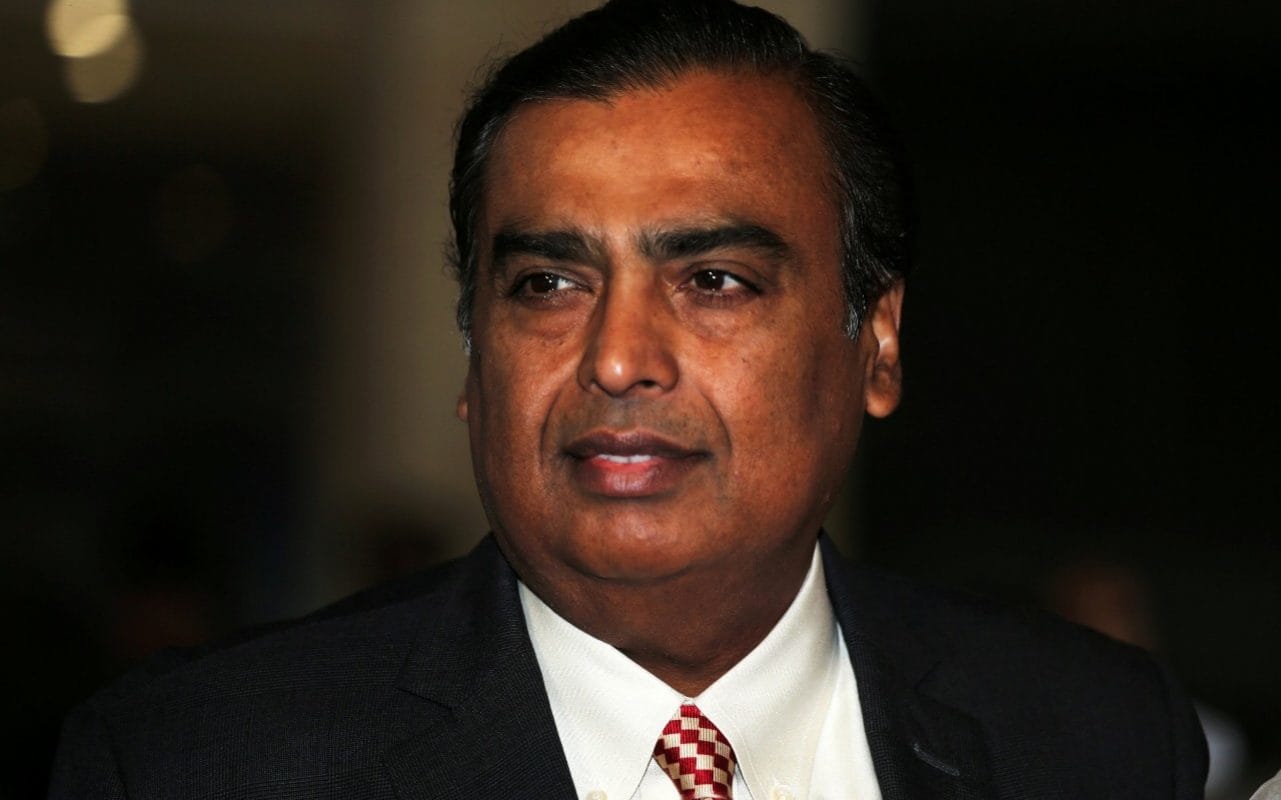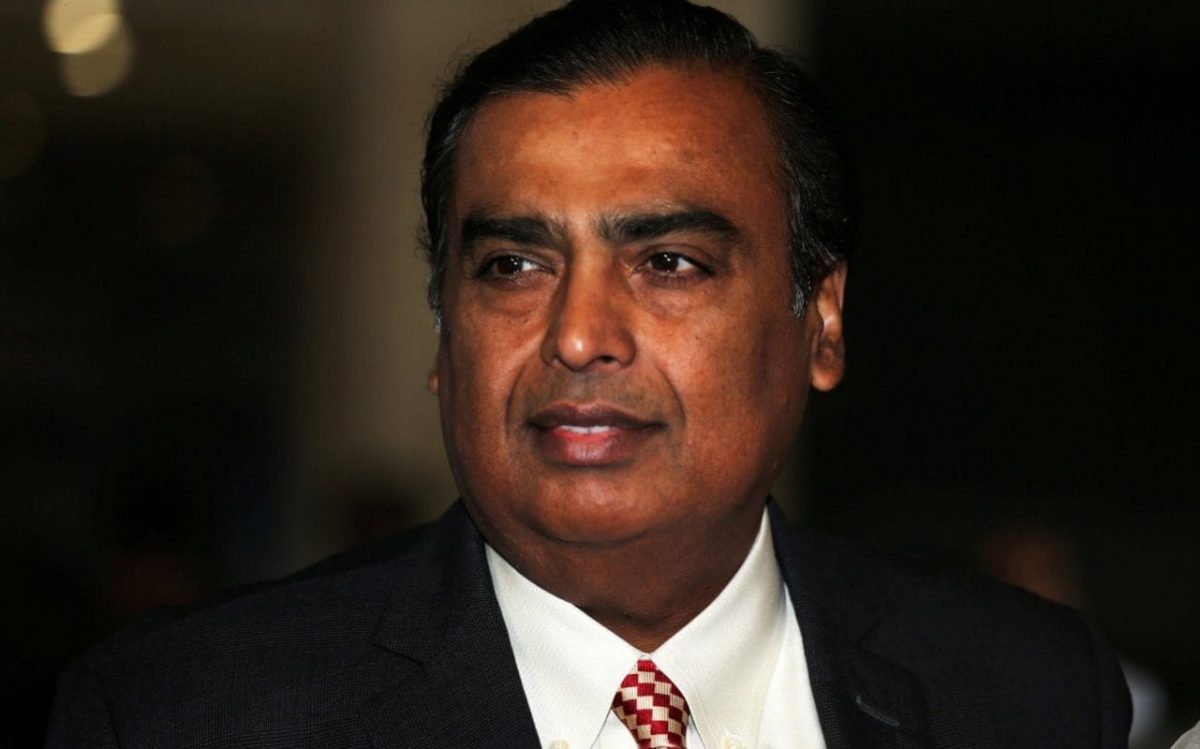
Mukesh Ambani, Asia’s richest man, is set to take on Amazon’s Jeff Bezos in India as the billionaire magnate launches his own rival e-commerce venture in the world’s second most populous country.
Reliance Industries, the Mumbai-headquartered conglomerate owned by Mr Ambani, is drawing up plans to roll out its online shopping services to 1.2m retail businesses in western India as competition to grab a share of India’s fast-developing e-commerce industry intensifies.
Mr Ambani, who controls a $43 billion fortune in petrochemicals, energy, telecoms and textiles, is planning a push into the e-commerce space by adopting new technologies such as augmented reality to create an “immersive shopping experience” and compete with the likes of Amazon and homegrown competitor Flipkart.
The e-commerce plans from the businessman will involve the combination of his mobile network operator Jio, which has 280m subscribers, with his additional mobile phone and physical retail ventures.
Reliance Retail, first launched in 2006, serves over 3.5m customers per week through a network of local shops, supermarkets and wholesale cash and carry outlets in more than 6500 Indian cities and towns.
It currently owns over 13m square feet of retail space, though a new wave of online retail in India is taking the company into new territory.
The trio of Reliance Industries’ businesses will combine to bring Indian merchants online.
“Jio and Reliance Retail will launch a unique new commerce platform to empower and enrich our [1.2m] small retailers and shopkeepers in Gujarat,” Mr Ambani said at an event on Friday.
In India, e-commerce has seen mass adoption as smartphone penetration and improved internet connectivity through 4G networks has boosted consumer appetite beyond cities like New Delhi and Mumbai.
According to the India Brand Equity Foundation, a subsidiary trust of India’s department of commerce, the online retail market is expected to grow to $200bn by 2026, up from $38.5bn in 2017.
Online retail sales for 2018 are expected to rise as much as 31pc to $32.7bn, with growth being driven by more companies looking to tap into the Indian market.
So far, India’s booming e-commerce market has largely been a duopoly between Amazon and Flipkart, a domestic rival based in the southern technology hub of Bangalore which was started by two former Amazon employees.
Wal-Mart paid a $16bn to acquire a controlling share in Flipkart last year in the biggest foreign direct investment in India’s history.
Flipkart has also received billions of dollars in funding from Softbank of Japan and Tiger Global.
Amazon, which first launched its online retail platform in India more than five years ago with a limited selection of products on offer such as books and films, has committed $5bn to its Indian operation.
But the two US-controlled companies which dominate the market – Amazon and Flipkart – are facing growing pressure.
With a general election due in May, the government of Prime Minister Narendra Modi recently unveiled new rules designed to protect small shopkeepers from online competition by restricting the level of discounting which the online giants can offer customers.
Mr Ambani sought to harness concerns that India should support the emergence of domestic champions in e-commerce.
“Today, we have to collectively launch a new movement against data colonisation. For India to succeed in this data-driven revolution, we will have to migrate the control and ownership of Indian data back to India – in other words, Indian wealth back to every Indian,” he said.
Amazon is continuing to expand its Indian operation, where it is currently advertising for 660 open roles in its Bangalore office alone – the second most worldwide after Seattle.
The company also has 450 open positions in Hyderabad, according to media reports.

